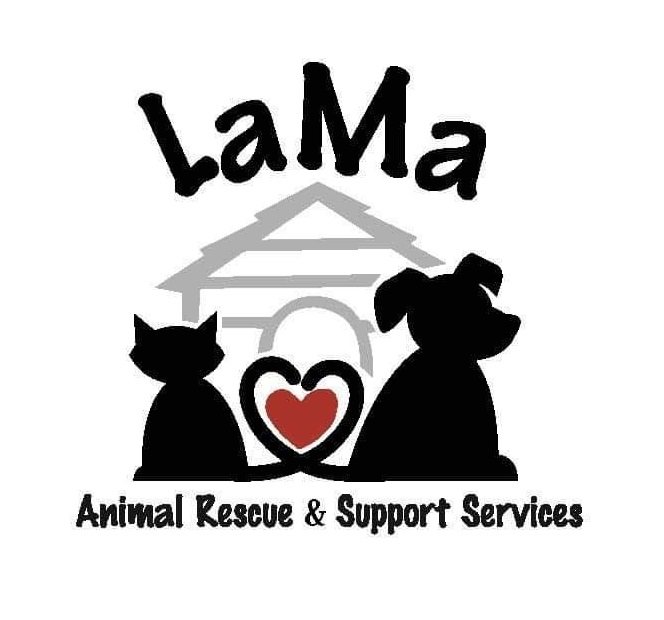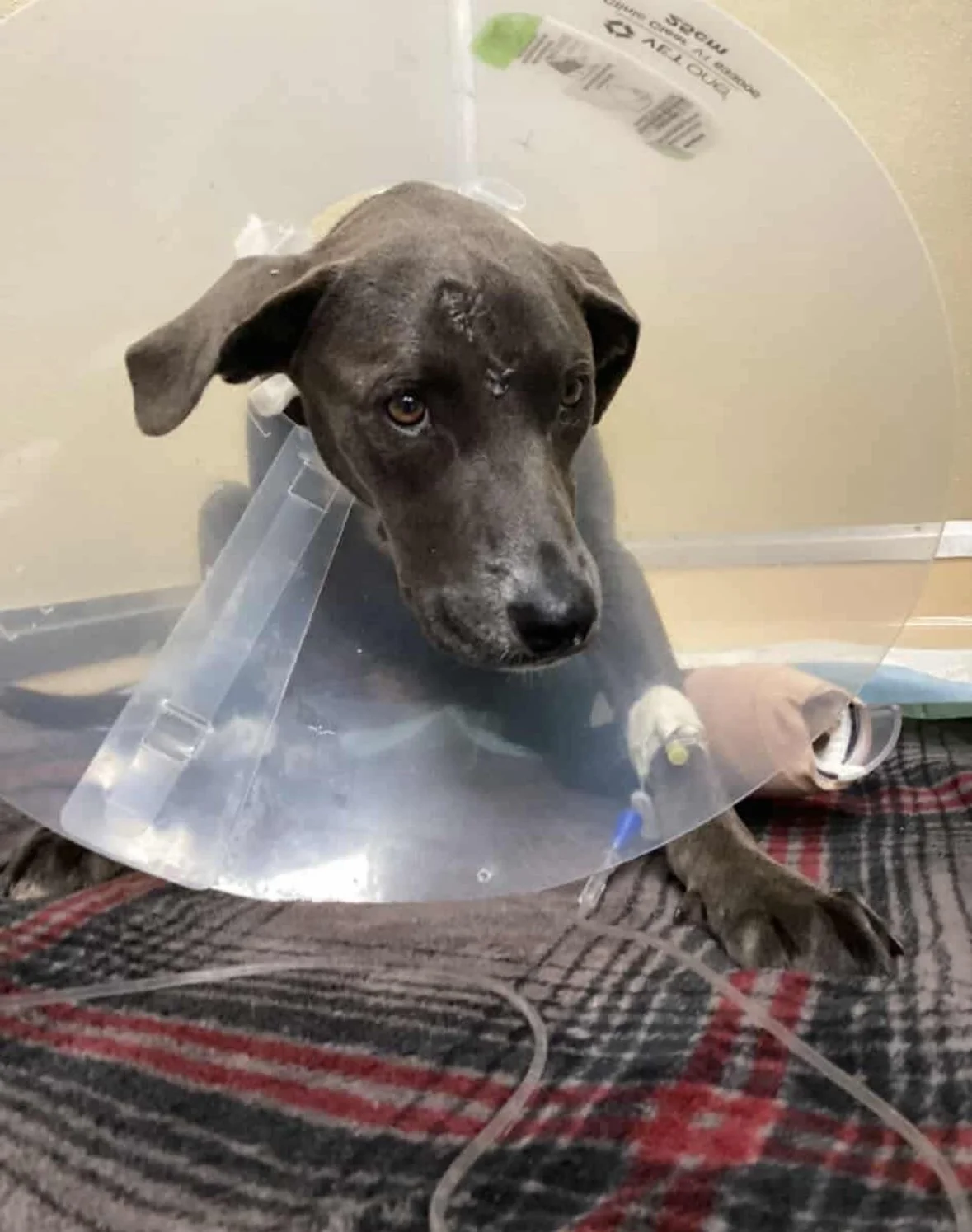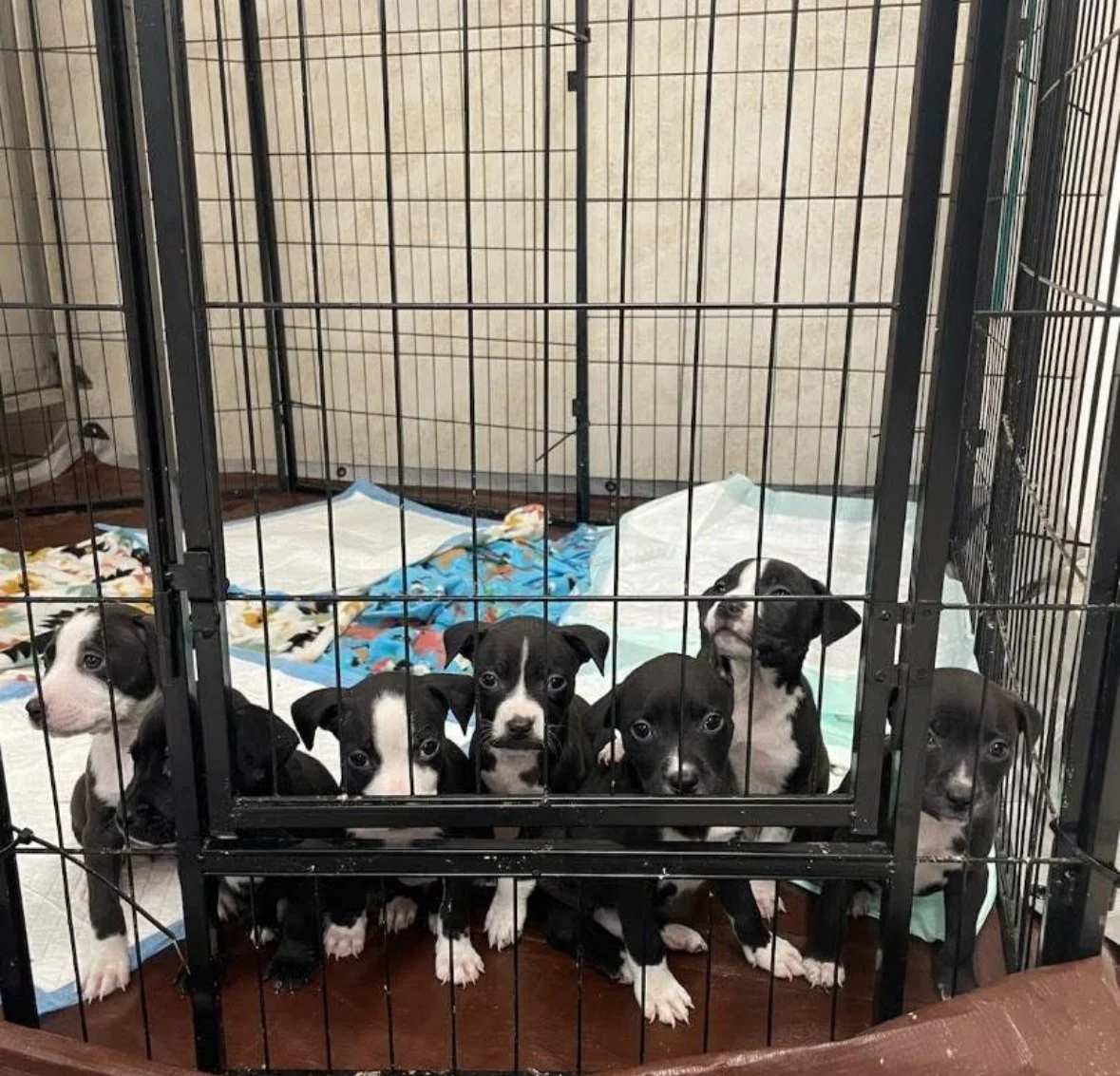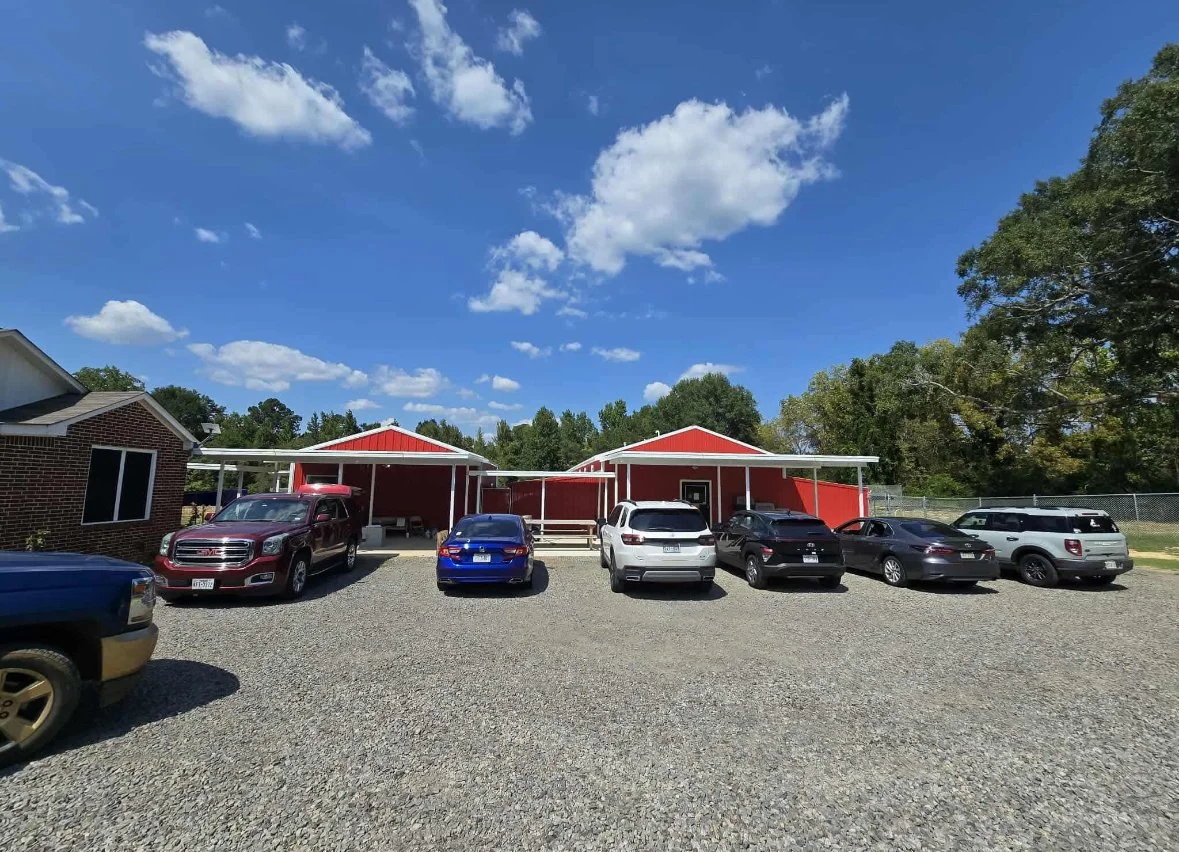Crisis & Urgency: The Reality in Northwest Louisiana
Every day, LaMa faces the same heartbreaking truth — there are more animals in need than there are resources to help them.
Across Webster Parish and the surrounding parishes, hundreds of dogs and cats are abandoned, neglected, or surrendered each month. With no state funding and limited local infrastructure, the burden of rescue falls on volunteers, fosters, and a small network of compassionate supporters.
“72 dogs in boarding. No state funding. Next transport in two days — and more waiting behind them.”
These are the kinds of numbers that define our days. Every kennel, every transport seat, and every donation matters.
The Challenges We Face
-
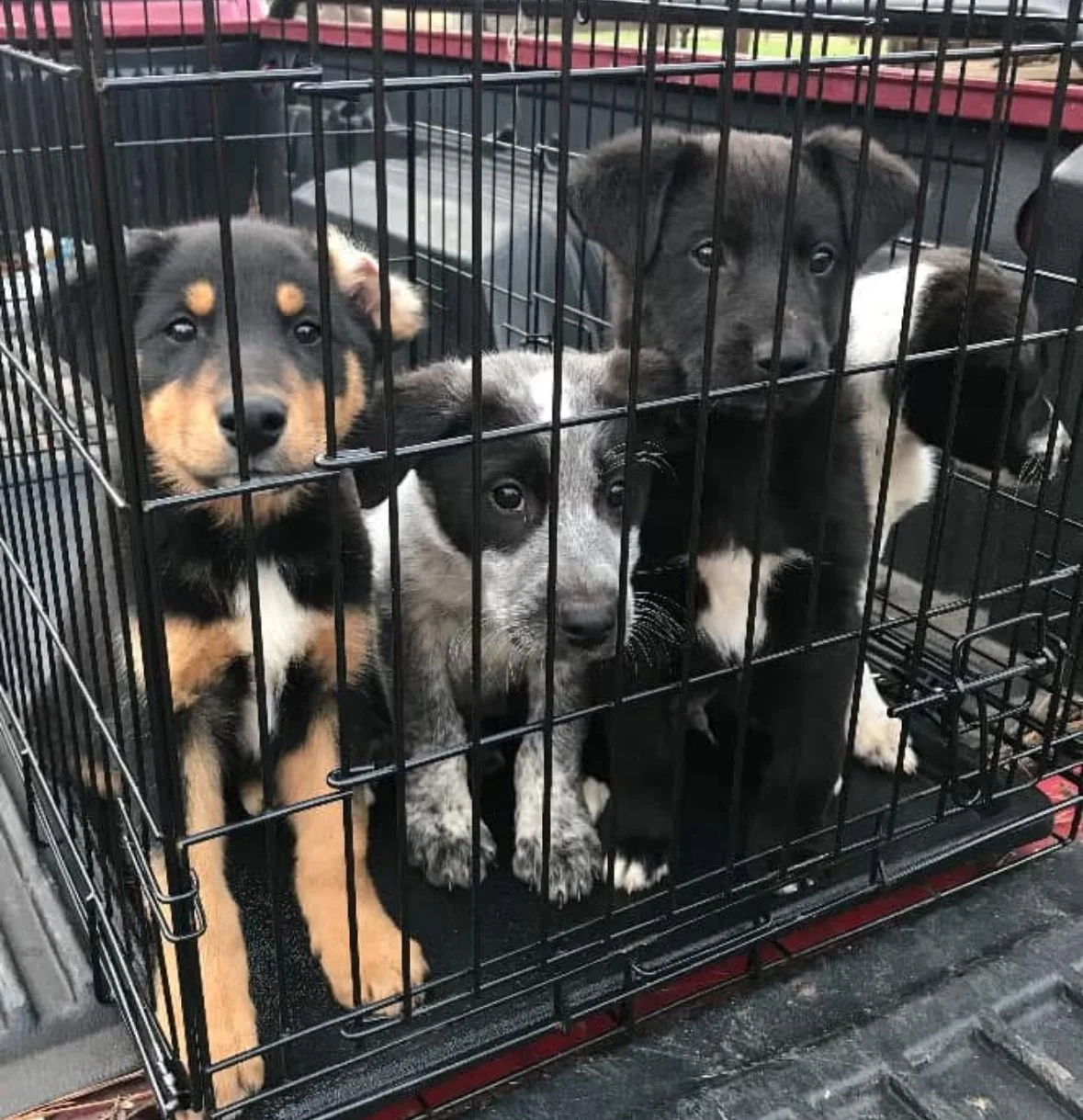
Overcrowding and Abandonment
Rural Louisiana has one of the highest rates of stray and abandoned animals in the region. Without access to affordable spay/neuter, the cycle continues.
-
Medical Emergencies
Many dogs arrive malnourished, heartworm positive, or injured. Immediate vet care can mean the difference between life and loss.
-
Boarding Costs
When our shelter and foster homes are full, animals must stay in paid boarding facilities, quickly straining limited funds.
-
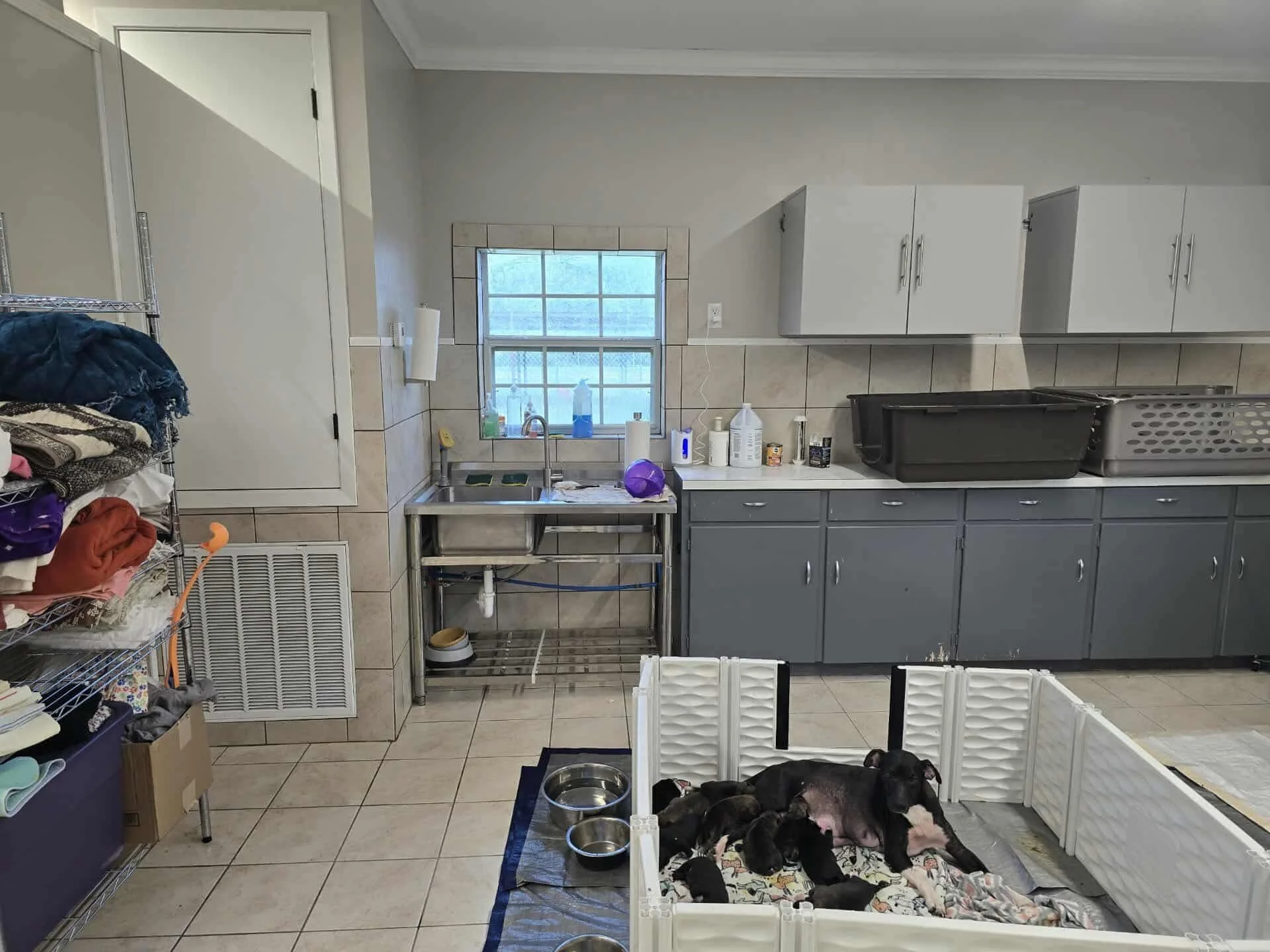
Lack of Funding
LaMa receives no state or municipal funding. Every dollar spent on food, medicine, and shelter comes from community donations and small grants.
-
Transport Deadlines
Each scheduled transport north is a race against time to make space for the next animals in need.
Why We Keep Going
Because behind every number is a life — a dog like Gumdrop, who fought through parvo and made it home because people cared enough to act.
For every rescue that finds safety, another still waits for their chance. That’s why our work can’t slow down.
You Can Help
When you give, foster, or share our mission, you become part of the safety net that keeps hope alive for these animals.
Your support provides food, medicine, and a path to safety — and every bit of it makes a real, measurable difference.
Our Commitment
LaMa is working toward lasting change through community education and prevention, but the crisis today can’t wait. Until every dog has safety, transport remains a lifeline — and your support keeps that lifeline open.
